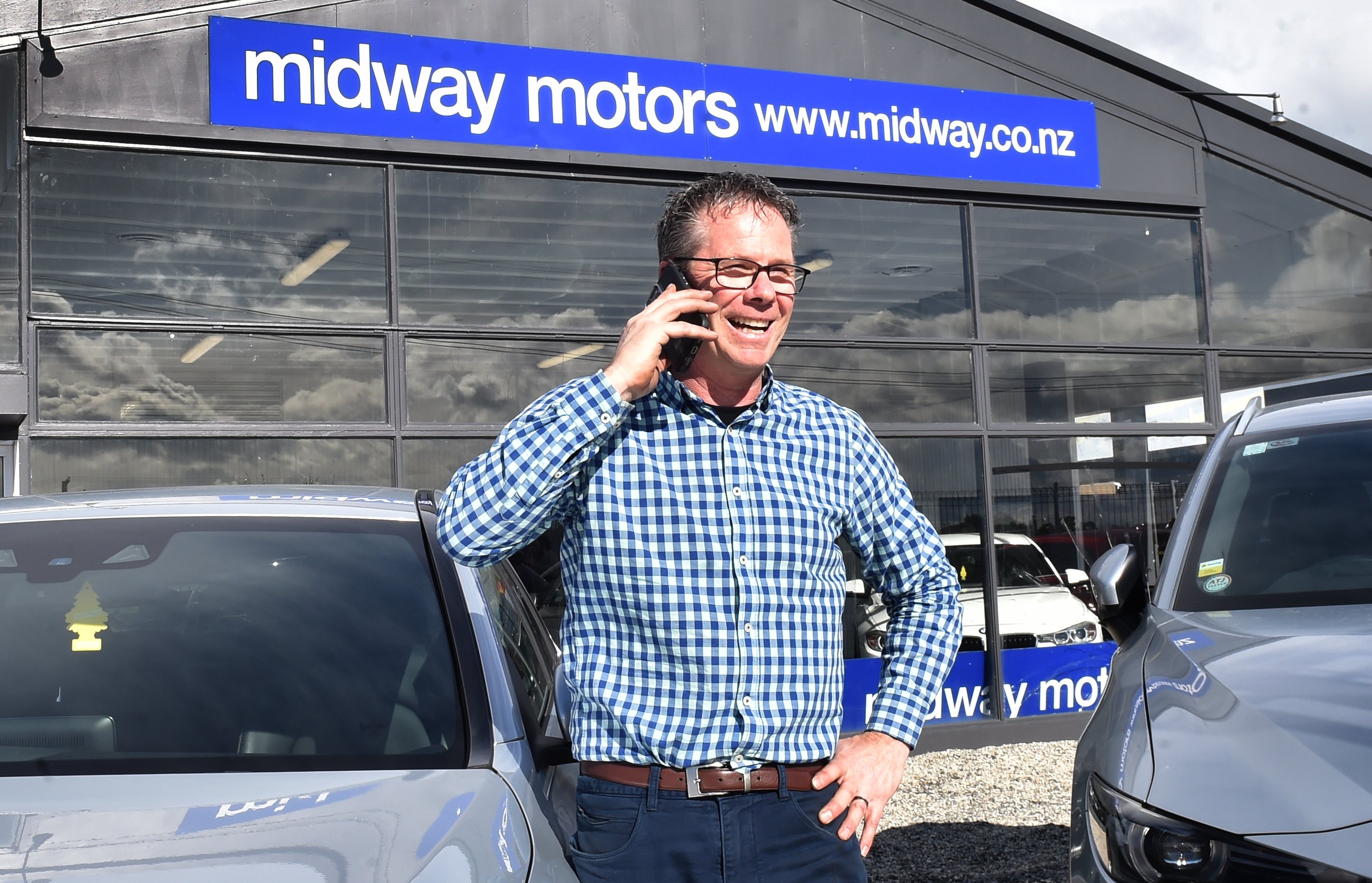Car dealers say changes to the clean vehicle standard is a win all round for dealers, buyers and the environment.
Earlier this week, Minister of Transport Chris Bishop announced changes to the clean vehicle standard.
He said the clean vehicle standard was introduced in early 2023, with the aim of encouraging New Zealanders to buy more efficient cars and reduce emissions.
"The standard has helped lift fuel efficiency, but market conditions have changed. There is a supply shortage of cleaner used vehicles, and demand for new [electric vehicles] has dropped.
"Most importers are now unable to meet the passenger-vehicle targets. In fact, right now, 86% of importers are facing a net charge rather than net savings from credits. The scheme is so out-of-whack with reality that even some hybrid vehicles will attract charges rather than credits," Mr Bishop said in a statement.
The charges have been dropped by 80% — from a top rate of $67.50 to $15 per gram of CO2 for new vehicles and from a top rate of $33.75 to $7.50 for used vehicles, for 2026 and 2027.
No credits would expire before the end of 2028 and a full review is under way, reporting back to Cabinet by June next year.

"It’s been really affecting your 10 to 15-grand cars. So when your average person buys a car, whether it be their own car or even a second car, we’ve been having to pay up to $2000 worth of tax.
"Just a good old Subaru Legacy, you know. It’s a good New Zealand car, a Subaru Impreza. And then they tell you they’re 50g over some figure they’ve dreamed up.
"Because it’s 50g over, we have to pay $27 per gram at the moment. And that really hikes them up.
"So these XV Imprezas that are up around 15 grand still. It’s too much. They should be, you know, 12 or 13."
Mr Henderson said dealers were forced to buy older cars, recondition them and put them back into service when the reality is they should be at the wrecker.
Rental companies selling ex-rental vehicles with high kilometres, were creating a bidding war, as dealers fought each other to get vehicles.
Vehicles were just too expensive for many people and dealers were embarrassed to sell them at this price.
"We’re talking your bread-and-butter earner. The guy that comes in, he’s not made of money and we know this too and we feel guilty," he said.
He disagreed it would bring more smelly and uneconomical cars into New Zealand.
"Actually they’re not smelly. In real-world terms these cars are economical and way more clean than keeping older cars on the road over here.
"It’s not going to make the fleet older, it’s going to make the fleet younger again."
More up-to-date cars had better technology, he said, and were safer.
Brian Scott Motors sales manager Peter von Solms said a lot of people were finding it too hard to buy secondhand cars, which were important to the economy.
"People come in and they go ‘Have you got anything that’s imported for ten grand?’ You’re going to get nothing."
He said the changing of the rules would bring better and more affordable cars from Japan.














